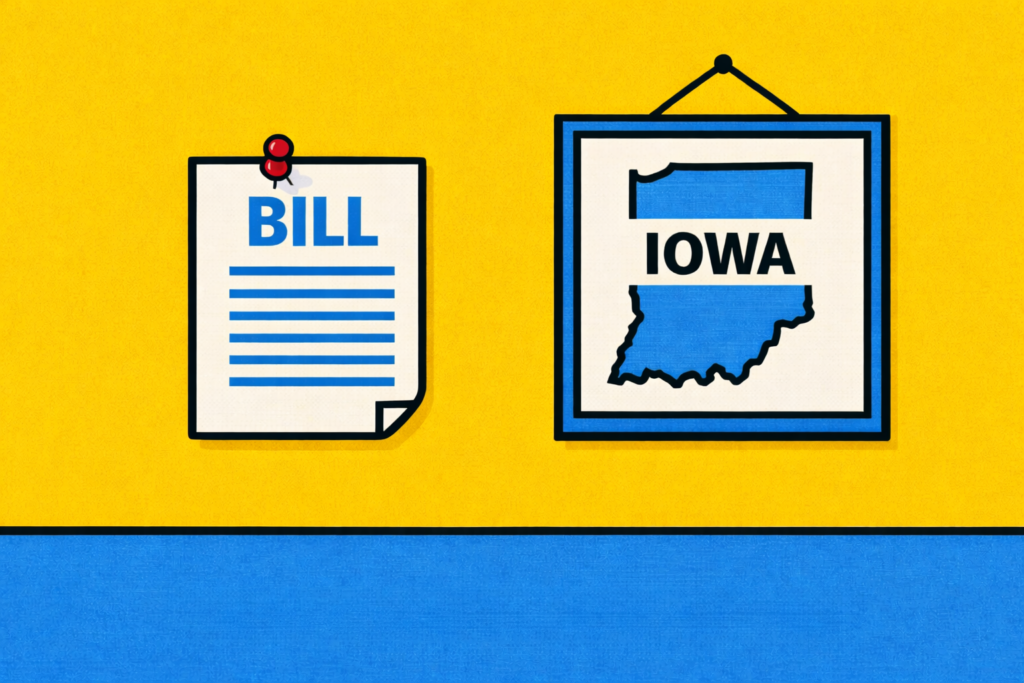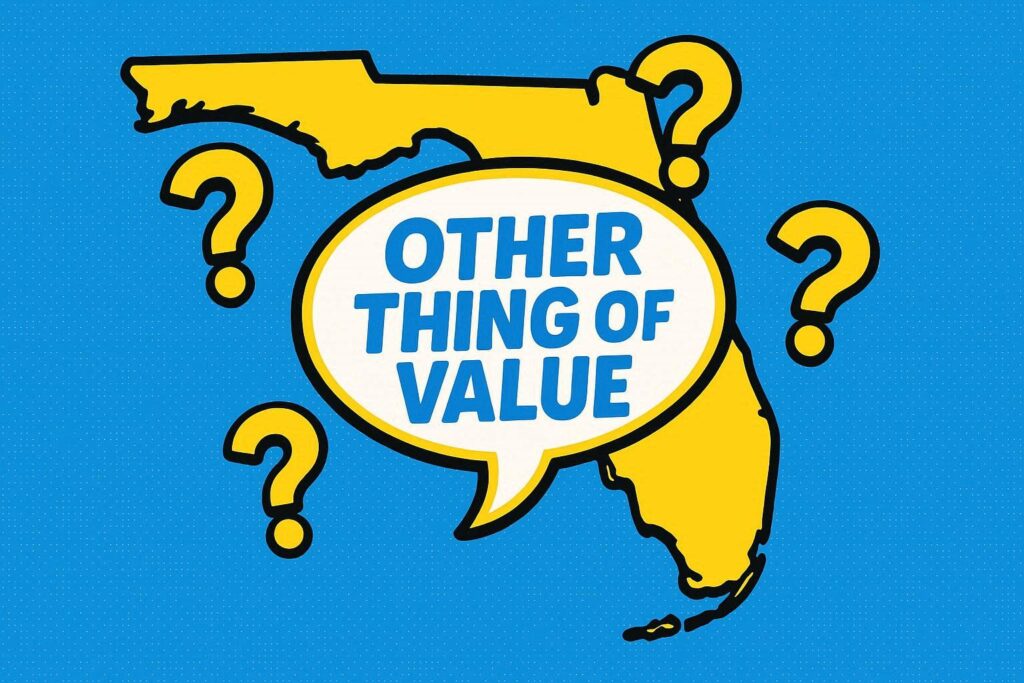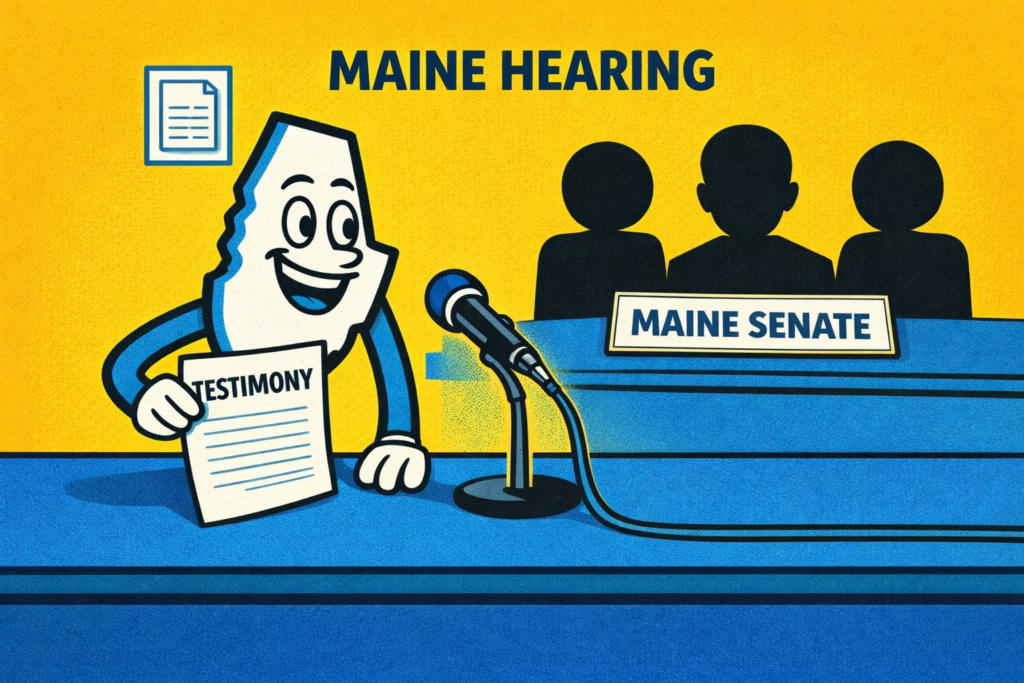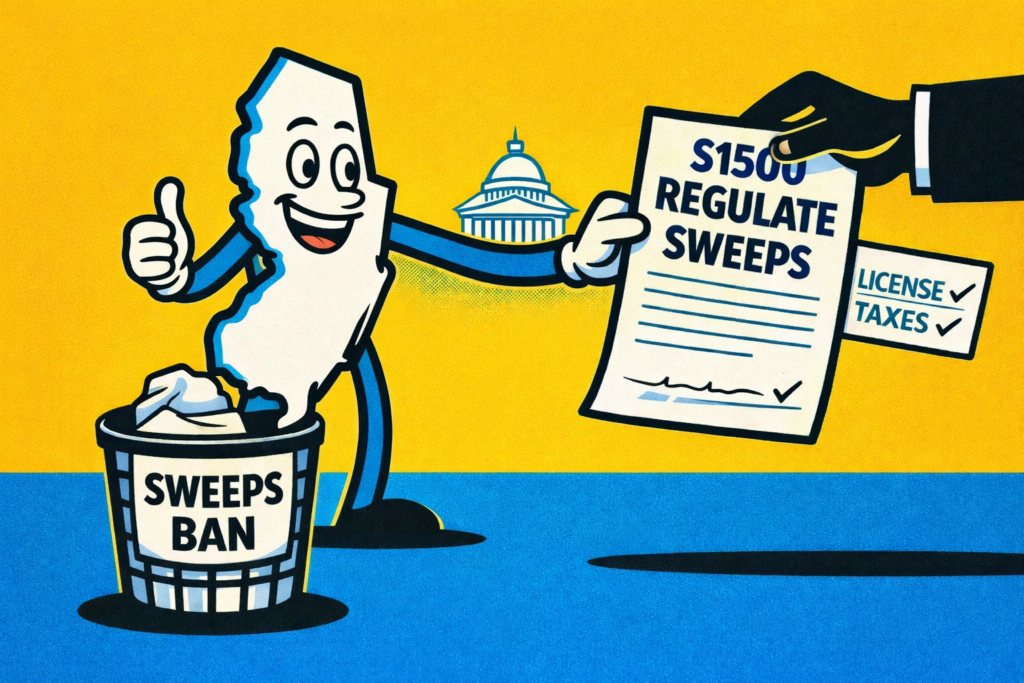One of the leading voices in the real-money iGaming industry chimed in on the debate surrounding online sweepstakes gaming on Tuesday.
Adam Greenblatt, CEO of BetMGM, was asked about sweeps casinos — or, more specifically, “the impact of adjacent businesses on the sector” — during the question-and-answer portion of his company’s second quarter financial update.
“Look, we’re pretty clear — or we are clear — that we believe sweeps should be illegal iGaming, and it’s bad for the regulated sector,” Greenblatt said. “It’s bad for state revenues. It’s bad for players. And so, we are delighted to see lots of states now — increasingly, not lots, increasingly — states adopting legislation against the sweeps industry, which, what we would love to see and what we are certainly advocating for is more regulated iGaming states.
“I think BetMGM more than anyone stands to gain relatively the most in the event that it happens. And we fully anticipate, over time, that to happen.”
Greenblatt then turned the response back to his central plea to lawmakers in the United States: Legalize online casinos.
“But the message to our lawmakers is that sweeps activity is happening anyway,” he said. “As I’ve said, the good guys aren’t benefiting. And so, we would like to see that situation unwind and in fact reverse.”
Will we see more executives enter the conversation?
While Greenblatt is the first notable iGaming CEO to make these types of public comments directly addressing sweeps casinos, he may not be the last.
Second-quarter earnings calls are taking place currently (most will happen now through the first couple weeks of August) and you’d have to figure Greenblatt won’t be the only executive asked about sweepstakes casinos.
The most notable non-gaming CEO to comment on the sweeps industry recently may be Shawn Fluharty, the West Virginia House Representative who’s also the head of governmental affairs at Play’n Go and the President of the National Council of Legislators from Gaming States.
Speaking at an SBC Americas conference panel this May, Fluharty got into a debate with Jamison Selby, CEO of sweeps gaming company Rubystone.
Fluharty specifically addressed claims sweeps casinos make that legislation targeting online sweeps games will also jeopardize sweepstakes promotions run by legal and regulated businesses, like Hilton Honors, Marriott Rewards, and various McDonald’s sweepstakes contests.
“I just think that’s absurd on its face comparing (sweeps casinos) to McDonald’s and hamburgers,” Fluharty said, “and if you’re digging into that deep water, chances are your argument is pretty flawed. They’re stealing profit from states with an illegal market. That’s what they’re doing. They’re the Hamburglar.”
Sweeps advocates have consistently maintained their games do not constitute illegal gambling and, instead, are legal applications of the sweepstakes model.
“By blurring the line between lawful sweepstakes promotions and illegal gambling, this legislation threatens a vibrant digital-entertainment sector while offering players no safer alternatives,” said Jeff Duncan, a former South Carolina congressman and current executive director of the Social Gaming Leadership Alliance, in response to the sweeps ban bill passing in New York this summer.
Keeping track of 2025 activity
So far this year, five states have passed legislation targeting sweepstakes casinos.
New Jersey, New York, Connecticut, and Montana have passed bills banning them. And then Nevada also passed a bill strengthening the state’s enforcement abilities against unlicensed gambling operators, a group it considers sweeps casinos to be a part of.
Bills were also considered but did not pass in Arkansas, Illinois, Texas, Mississippi, Florida, Maryland, and Louisiana. However, even though Louisiana Gov. Jeff Landry vetoed the bill, the Louisiana Gaming Control Board then issued a whopping 42 cease-and-desist letters to sweeps operators. Cease-and-desists have also been sent in Maryland and Mississippi, showing a sweeps ban bill doesn’t necessarily need to pass for states to take action.
Bills in California and Ohio
Currently, there are two active sweeps ban bills still being considered.
In California, Assembly Bill 831 would not only outlaw online sweepstakes casinos but also criminalize payment processors, media affiliates, and other entities that “knowingly” support sweeps casinos if the bill passes and they become illegal.
AB831 has passed through two Senate committee hearings and has a hearing with the Senate Appropriations Committee on Aug. 18. After that, it must pass a full Senate vote.
However, after that, it would have to return to the Assembly to be approved by that body. The version of AB831 that passed the Assembly this spring has nothing to do with the current version of AB831. It has been fully swapped out, which means the originating body must approve of the amended version.
The other active bill is Ohio’s House Bill 298. This piece of legislation is unique in the fact that, beyond banning sweeps casinos, it would also legalize real-money online casinos.
(In other words, this is Greenblatt’s dream bill.)
The problem for the Greenblatts of the world — and the good news for sweeps proponents — is that it may be a tall ask to get approval for online casinos this year. And, in turn, that would doom the sweeps ban as well — at least in its current form.
Why might this be a tall ask?
We’ll let these recent comments from Gov. Mike DeWine at the Ohio State Fair, when asked his thoughts on legalizing real-money iGaming, answer that for you.
“I’m not for it,” DeWine told reporters. “To put a casino in everybody’s hands 24/7, I think, is probably not a great idea. I think it will cause more pain and suffering in regard to addiction, as far as gambling addiction. I’m just not for it.”








